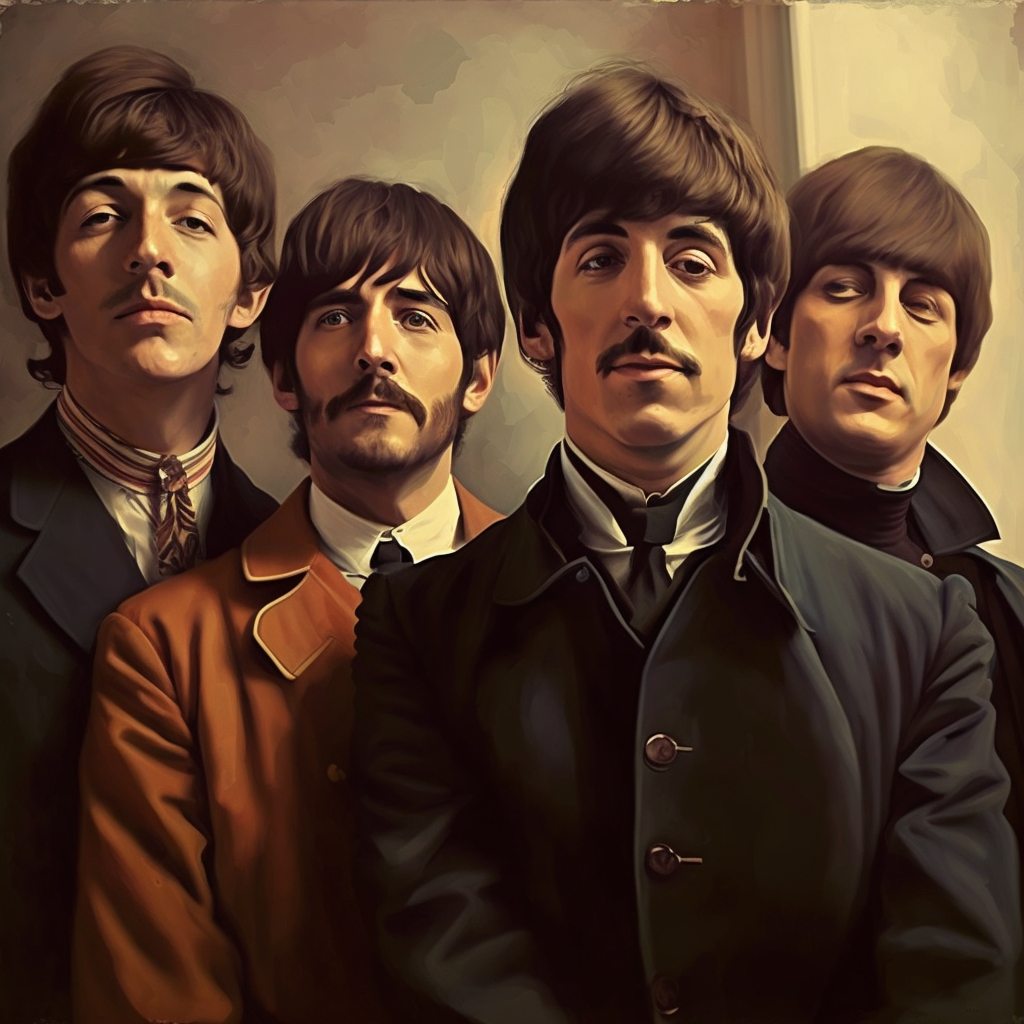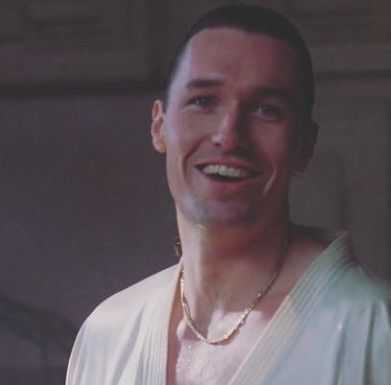The Karate Kid's Enduring Legacy: Impact And Cultural Influence

Table of Contents
The Karate Kid's Impact on Martial Arts
Increased Interest in Karate and Other Martial Arts
The release of The Karate Kid ignited a surge in interest in karate and other martial arts. Dojos across the country reported a significant increase in new students following the film's release. Many cite the film's captivating portrayal of karate as a path to self-improvement, discipline, and confidence as a major factor. Specific techniques showcased in the movie, like the crane kick, became instantly recognizable and widely practiced, further fueling this surge.
- Increased enrollment: Numerous anecdotal accounts from martial arts instructors detail a significant rise in student numbers post-1984. While precise statistics are hard to come by, the cultural impact is undeniable.
- Popularization of techniques: The crane kick, a seemingly simple yet powerful move, became a symbol of the film and spurred many aspiring karateka to learn it.
- A gateway to other disciplines: The film's success also led to increased interest in other martial arts, showcasing the broader appeal of these disciplines.
Shifting Perceptions of Martial Arts
Before The Karate Kid, martial arts were often portrayed stereotypically in media, often focusing solely on violence and aggression. The film subtly challenged these perceptions, presenting karate as a holistic discipline emphasizing self-control, respect, and personal growth. Mr. Miyagi, the wise and patient sensei, became a powerful role model, demonstrating the positive aspects of the art.
- Beyond fighting: The Karate Kid highlighted the meditative and philosophical aspects of karate, emphasizing its role in developing character and self-awareness.
- Positive role models: Mr. Miyagi's calm demeanor, wisdom, and unwavering belief in Daniel LaRusso provided a counterpoint to the more aggressive portrayals often seen in other films.
- Moral compass: The film emphasized the importance of ethical conduct and self-discipline, adding a layer of depth to the martial arts training.
Cultural Influence and Representation
Representation of Asian Culture
The Karate Kid’s portrayal of Japanese culture is complex and has been a source of both praise and criticism. While the film showcased aspects of Japanese tradition and culture, it also faced criticism for potential cultural appropriation and stereotypes. The depiction of Mr. Miyagi, a complex character who embodies both traditional values and modern adaptability, has been a particular focus of discussion.
- Positive aspects: The film introduced many viewers to aspects of Japanese culture, such as bonsai and traditional practices.
- Critiques and nuances: Discussions around potential stereotypes and the need for authentic representation in future media have sparked important conversations.
- Impact on subsequent media: The film's impact, both positive and negative, on subsequent depictions of Asian characters in film and television requires careful consideration.
The "Underdog" Narrative and its Appeal
At its core, The Karate Kid tells a classic underdog story. Daniel LaRusso, a newcomer facing bullies and adversity, finds strength and resilience through karate training. This relatable narrative resonates across cultures and generations, inspiring audiences to overcome their own challenges.
- Overcoming adversity: Daniel's journey of self-discovery and triumph against the odds is a powerful theme that connects with viewers on an emotional level.
- Universal appeal: The themes of perseverance, mentorship, and self-belief transcend cultural boundaries, contributing to the film's global popularity.
- Influence on other narratives: The success of The Karate Kid's underdog story has influenced countless films and television shows, establishing a lasting archetype in popular culture.
The Karate Kid's Lasting Legacy in Popular Culture
Sequels, Reboots, and Adaptations
The enduring popularity of The Karate Kid is evident in its numerous sequels, remakes, and adaptations. From the original trilogy to the Cobra Kai television series, the franchise has continued to evolve and engage new audiences. This longevity speaks to the film's timeless themes and its enduring appeal.
- Sequels and remakes: The continued success of the franchise through sequels and a Hollywood remake demonstrates the staying power of the original film.
- Cobra Kai's success: The Netflix series, Cobra Kai, has breathed new life into the franchise, expanding on the original story and captivating a new generation of fans.
- Reasons for enduring popularity: The relatable characters, timeless themes, and compelling storyline have ensured the franchise remains relevant decades after its inception.
Impact on Film and Television
The Karate Kid's influence extends beyond its own franchise. Its storytelling techniques, character archetypes, and themes have inspired countless other films and television shows. Its contributions to the coming-of-age genre are particularly noteworthy.
- Storytelling techniques: The film's structure, pacing, and character development have been emulated and adapted in numerous subsequent works.
- Coming-of-age genre: The film's exploration of adolescence, self-discovery, and the search for identity has profoundly shaped the coming-of-age genre.
- Continuing inspiration: The enduring themes of mentorship, perseverance, and self-belief continue to resonate with filmmakers and writers today.
Conclusion
The Karate Kid's enduring legacy is multifaceted, impacting not only the world of martial arts but also popular culture as a whole. Its influence on martial arts enrollment, its exploration of cultural representation (with its complexities), and its enduring presence in film and television are testament to its lasting power. The film’s simple yet profound message of self-improvement through discipline and perseverance continues to resonate with audiences of all ages and backgrounds. What aspects of The Karate Kid's enduring legacy resonate most with you? Share your thoughts in the comments below!

Featured Posts
-
 The Who The Story Behind Their Legendary Name
May 23, 2025
The Who The Story Behind Their Legendary Name
May 23, 2025 -
 The Tour De France Edinburgh Grand Depart Confirmed For 2027
May 23, 2025
The Tour De France Edinburgh Grand Depart Confirmed For 2027
May 23, 2025 -
 Cobra Kai And The Karate Kid Exploring Continuity And Connections
May 23, 2025
Cobra Kai And The Karate Kid Exploring Continuity And Connections
May 23, 2025 -
 Who Drummer Speaks Out After Royal Albert Hall Dismissal
May 23, 2025
Who Drummer Speaks Out After Royal Albert Hall Dismissal
May 23, 2025 -
 Zimbabwe Register First Test Victory Over Bangladesh
May 23, 2025
Zimbabwe Register First Test Victory Over Bangladesh
May 23, 2025
Latest Posts
-
 Atlantida Celebration 2024 Nando Reis Armandinho Di Ferrero E Mais Garanta Seu Ingresso Em Santa Catarina
May 23, 2025
Atlantida Celebration 2024 Nando Reis Armandinho Di Ferrero E Mais Garanta Seu Ingresso Em Santa Catarina
May 23, 2025 -
 Freepoint Eco Systems And Ing Partner On Project Finance
May 23, 2025
Freepoint Eco Systems And Ing Partner On Project Finance
May 23, 2025 -
 Astwdywhat Qmrt Byyt Mthalyt Lintaj Alaflam Alqtryt
May 23, 2025
Astwdywhat Qmrt Byyt Mthalyt Lintaj Alaflam Alqtryt
May 23, 2025 -
 Promena Imena Vanje Mijatovic Detalji I Razlozi
May 23, 2025
Promena Imena Vanje Mijatovic Detalji I Razlozi
May 23, 2025 -
 Vanja I Sime Neocekivane Fotografije Iz Gospodina Savrsenog
May 23, 2025
Vanja I Sime Neocekivane Fotografije Iz Gospodina Savrsenog
May 23, 2025
